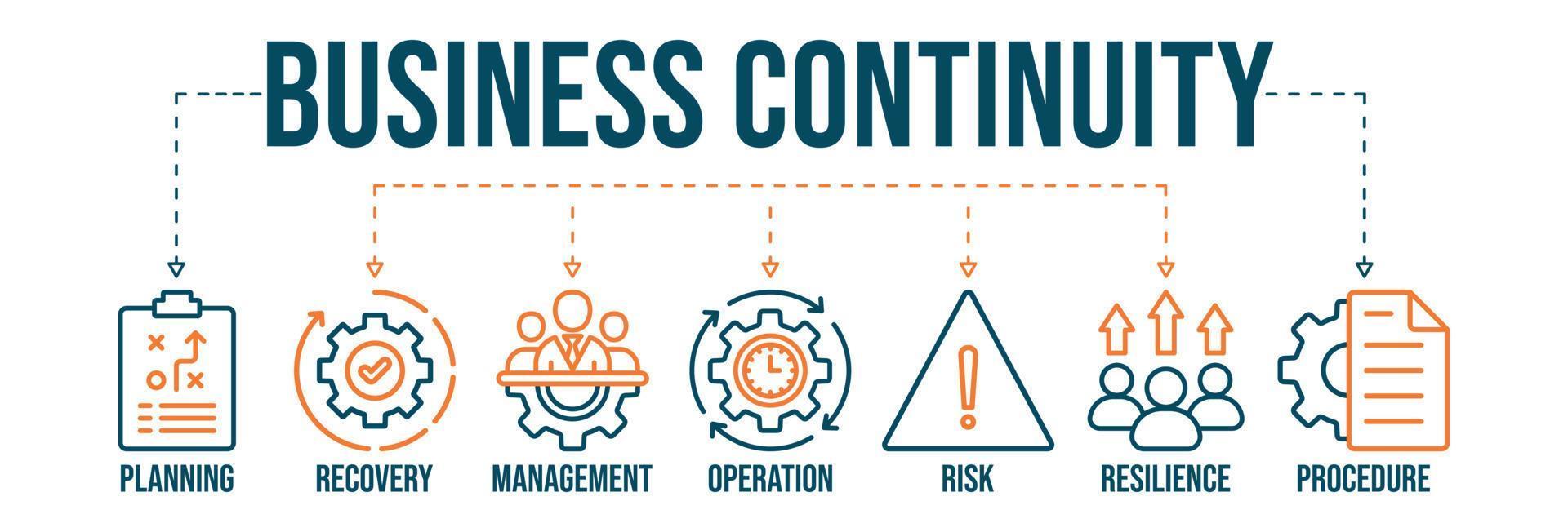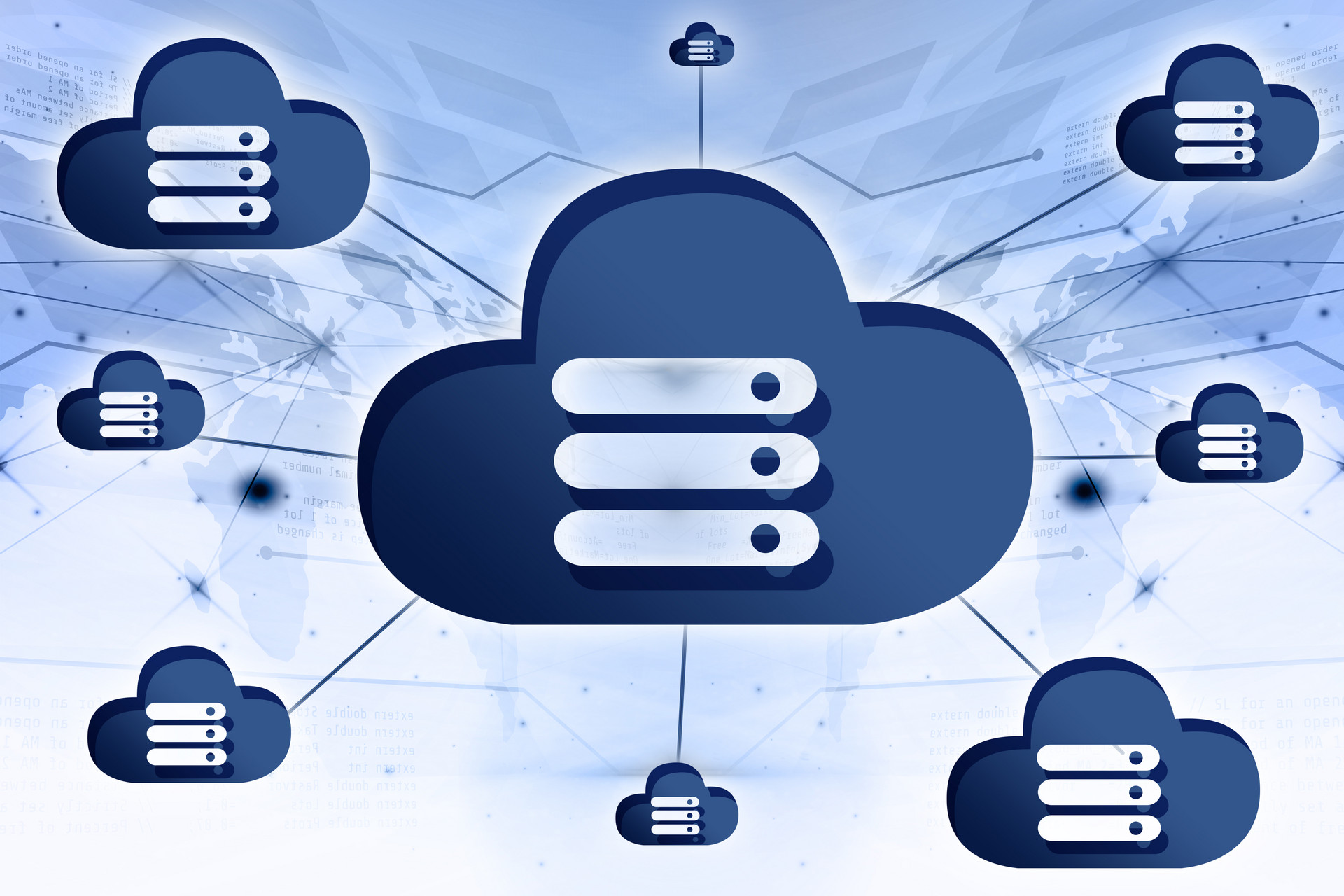What is Business Continuity Plan (BCP)?
A Business Continuity Plan (BCP) is a strategic framework that outlines a set of procedures and protocols to be followed in the event of a crisis or disaster. It is a proactive approach taken by organizations to ensure the continuation of critical business operations and minimize the impact of disruptive events.
A Business Continuity Plan (BCP) is designed to address a wide range of potential threats, including natural disasters, power outages, cyber-attacks, system failures, pandemics, and other unforeseen emergencies. It takes into account various aspects of the organization, including people, processes, technology, and facilities, to ensure that all critical components are protected and can be quickly recovered.
A Business Continuity Plan is a dynamic document that should be regularly reviewed and updated to reflect changes in the organization’s operations, technology, and external environment. It should be accessible to key personnel and stakeholders, ensuring that everyone is aware of their roles and responsibilities during a crisis. The primary objective of a Business Continuity Plan is to enable organizations to adapt and respond effectively to disruptions, allowing them to continue providing essential disaster recovery services, meet customer expectations, and protect their reputation.
By having a robust Business Continuity Plan in place, organizations can demonstrate their commitment to operational resilience, customer satisfaction, and risk management. It provides a framework to proactively address potential disruptions, protect critical assets, conduct the disaster recovery service, and ensure the continuity of business operations, even in challenging circumstances.

A thorough Business Continuity Plan typically includes the following key elements
Risk Assessment
Identifying and assessing potential risks and vulnerabilities that could impact the organization's operations. This step involves understanding the likelihood and potential impact of different scenarios.
Business Impact Analysis
Evaluating the criticality and dependencies of various business functions and processes. This analysis helps prioritize resources and determine recovery time objectives (RTO) and recovery point objectives (RPO) for different systems and services.
Prevention and Preparedness
Implementing preventive measures and preparedness strategies to minimize the likelihood and impact of disruptions. This may include redundancy in infrastructure, backup and recovery systems, data protection measures, and employee training.
Incident Response
Establishing clear protocols and communication channels to respond to incidents promptly and efficiently. This involves defining roles and responsibilities, activating emergency response teams, and coordinating actions to mitigate the impact of the incident.
Recovery and Restoration
Outlining the steps and procedures required to restore critical systems, data, and infrastructure. This includes data recovery, system reconfiguration, and verification of the integrity and functionality of the recovered assets.
Testing and Maintenance
Regularly reviewing, testing, and updating the BCP to ensure its effectiveness. Conducting drills and simulations help identify gaps and areas for improvement, enabling organizations to refine their strategies and procedures.
Why is Business Continuity Plan Important to Data Centers?
A Business Continuity Plan (BCP) is a strategic framework that outlines a set of procedures and protocols to be followed in the event of a crisis or disaster. It focuses on minimizing downtime, protecting critical assets, and enabling businesses to swiftly recover and resume operations. For data centers, a Business Continuity Plan is crucial as it ensures the availability and integrity of data, mitigates potential risks, and maintains service continuity for customers. By implementing a robust Business Continuity Plan, data centers can proactively prepare for potential disruptions, minimize downtime, and provide uninterrupted services, instilling confidence in their clients and safeguarding their critical assets.
Ensuring Data Availability and Integrity
Data centers are responsible for housing and managing vast amounts of critical data for businesses and organizations. A Business Continuity Plan outlines procedures and protocols to ensure the availability and integrity of this data, even in the face of disruptive events. By implementing measures such as redundant systems, data replication, and backup strategies, data centers can minimize the risk of data loss and maintain continuous access to vital information, protecting the interests of their clients and enabling seamless business processes.
Mitigating Potential Risks
Data centers face various potential risks, including natural disasters, power outages, hardware failures, cyber-attacks, and human errors. A Business Continuity Plan allows data centers to proactively identify and assess these risks, implementing preventive measures and contingency plans to minimize their impact. By having a well-defined Business Continuity Plan, data centers can effectively mitigate risks and respond swiftly and efficiently to unexpected events, reducing downtime and ensuring uninterrupted service for their customers.
Maintaining Service Continuity for Customers
Data centers play a critical role in supporting the operations of their customers. Business continuity is vital for organizations that rely on data centers to store their data, host their applications, and ensure the availability of their services. A robust Business Continuity Plan helps data centers maintain service continuity by establishing protocols for monitoring, incident response, and disaster recovery. This ensures that even during a crisis or disaster, data centers can continue to provide the necessary infrastructure and support to their customers, minimizing disruptions and protecting their business interests.
Meeting Regulatory and Compliance Requirements
Data centers often operate in highly regulated industries, such as finance, healthcare, and government. Compliance with industry-specific regulations and standards is crucial to maintaining trust and meeting legal obligations. A Business Continuity Plan helps data centers demonstrate their commitment to regulatory compliance by incorporating measures to protect data confidentiality, integrity, and availability. This includes disaster recovery planning, data backup strategies, and security protocols that align with industry best practices and regulatory requirements.


What is Disaster Recovery (DR) ?
Disaster Recovery (DR) is an essential aspect of a comprehensive Business Continuity Plan (BCP). While the Business Continuity Plan (BCP) encompasses a broader strategic framework, DR specifically focuses on the processes and technologies necessary for recovering and restoring IT infrastructure and data in the aftermath of a disruptive event.
The primary goal of DR is to minimize data loss and quickly restore critical systems and services, enabling organizations to resume their operations efficiently and effectively. It involves implementing a set of predefined procedures, policies, and technologies to recover IT assets and restore them to a functional state within predetermined recovery time objectives (RTOs) and recovery point objectives (RPOs).
Key components and activities involved in Disaster Recovery include:
Data Replication and Backups
This ensures that copies of critical data are maintained in geographically separate locations or on different systems. By having redundant copies of data, organizations can recover and restore information in case of data loss or system failures.
Infrastructure and System Recovery
DR plans outline the steps and procedures to be followed for recovering IT infrastructure, including servers, networks, storage systems, and other critical components. This may involve rebuilding or restoring hardware configurations, reinstalling software, and reconfiguring network settings.
Testing and Validation
Regular testing and validation of the DR plan is crucial to ensure its effectiveness. Organizations conduct drills, simulations, and scenario-based exercises to verify the recovery procedures, identify potential gaps or weaknesses, and refine the plan accordingly.
Communication and Coordination
DR plans include protocols for notifying key stakeholders, activating the necessary recovery teams, and establishing clear lines of communication. This ensures that everyone involved is aware of their roles and responsibilities, facilitating a smooth and coordinated recovery process.
Continuous Improvement
DR is an ongoing process that requires regular review and updates. Organizations should continuously assess and enhance their DR strategies to adapt to evolving threats, changes in technology, and business requirements. By staying proactive and keeping the DR plan up to date, organizations can effectively address emerging risks and maintain a high level of resilience.
What Can OneAsia Provide?
At OneAsia, we recognize the criticality of maintaining uninterrupted business operations, particularly for data centers, connectivity, cloud services, and critical environments. That’s why we have developed a comprehensive Business Continuity Plan (BCP) service tailored to safeguard your organization’s data, applications, and IT infrastructure, aligning with our expertise in these areas.
Our BCP service encompasses the full spectrum of our service scope, ensuring that your critical operations remain resilient and operational in the face of challenges. Whether you rely on our state-of-the-art data centers, leverage our cloud services for your infrastructure, or depend on our connectivity solutions to keep your business connected, our BCP service is designed to seamlessly integrate with your existing IT environment.
We understand that digital transformation is a key priority for organizations today. Our BCP service takes this into account, providing a strategic framework to protect and sustain your digital initiatives. We work closely with you to assess the potential risks and vulnerabilities specific to your digital transformation journey, and then develop and implement a BCP that encompasses your critical digital assets, applications, and processes.
By leveraging our deep expertise in the data center industry, we ensure that our BCP service goes beyond traditional disaster recovery. We consider the unique requirements of your IT infrastructure, including server colocation, network architecture, and redundant power systems, to provide a comprehensive plan that addresses all facets of your critical environment.
With OneAsia’s BCP service, you can have confidence in the continuity of your business operations. Our team of experts collaborates closely with you to understand your specific needs and tailor a BCP solution that aligns with your business objectives. We conduct rigorous testing and maintenance to validate the effectiveness of the plan, ensuring that it remains up to date and in line with industry best practices.

FAQ
What is the purpose of a Business Continuity Plan (BCP)?
The purpose of a BCP is to ensure the continuity of critical business operations in the face of disruptive events or disasters. It outlines procedures, protocols, and strategies to minimize downtime, protect assets, and enable swift recovery, thus safeguarding the organization’s reputation and ensuring uninterrupted service.
Why is it important for data centers to have a Business Continuity Plan?
A BCP is crucial for data centers as it ensures data availability, minimizes risks, and maintains service continuity. It safeguards critical assets, minimizes downtime, and enables swift recovery from disruptions, ensuring uninterrupted services for customers.
How frequently should a Business Continuity Plan be reviewed and updated?
It is recommended to review and update a BCP regularly, typically at least annually or whenever significant changes occur within the organization. This ensures that the plan remains relevant, aligns with evolving business needs, incorporates lessons learned from previous incidents, and incorporates updated information about technology, personnel, and resources.


